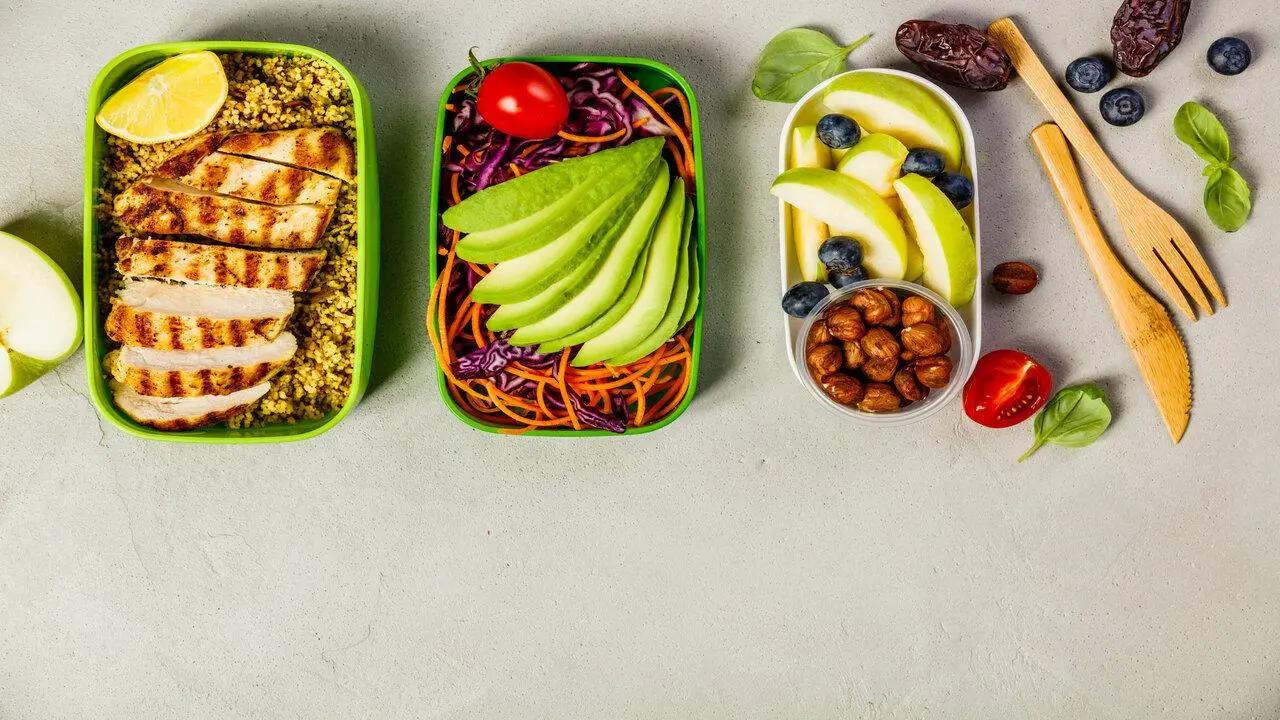Home / Lifestyle / Health & Fitness / Article /
Dietary approach to correct autoimmune erectile dysfunction
Updated On: 12 July, 2024 07:18 PM IST | Mumbai | IANS
According to researchers, approximately 8-10 per cent of men experience erectile dysfunction due to autoimmune conditions. The global impact is evident and this issue is also prevalent in countries like India

Image for representational purposes only. Photo Courtesy: iStock
Autoimmune-related erectile dysfunction (ED) arises when the body`s immune system erroneously targets healthy cells in the genital area, resulting in challenges to achieving or sustain an erection. The condition poses a unique set of challenges, affecting a significant number of men worldwide.
According to researchers, approximately 8-10 per cent of men experience erectile dysfunction due to autoimmune conditions. The global impact is evident and this issue is also prevalent in countries like India, where a growing number of men seek solutions. Integrating dietary strategies, nutraceuticals, and Ayurvedic practices can provide a holistic solution that addresses the underlying inflammation and immune dysregulation contributing to this condition.



